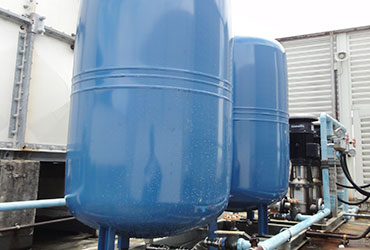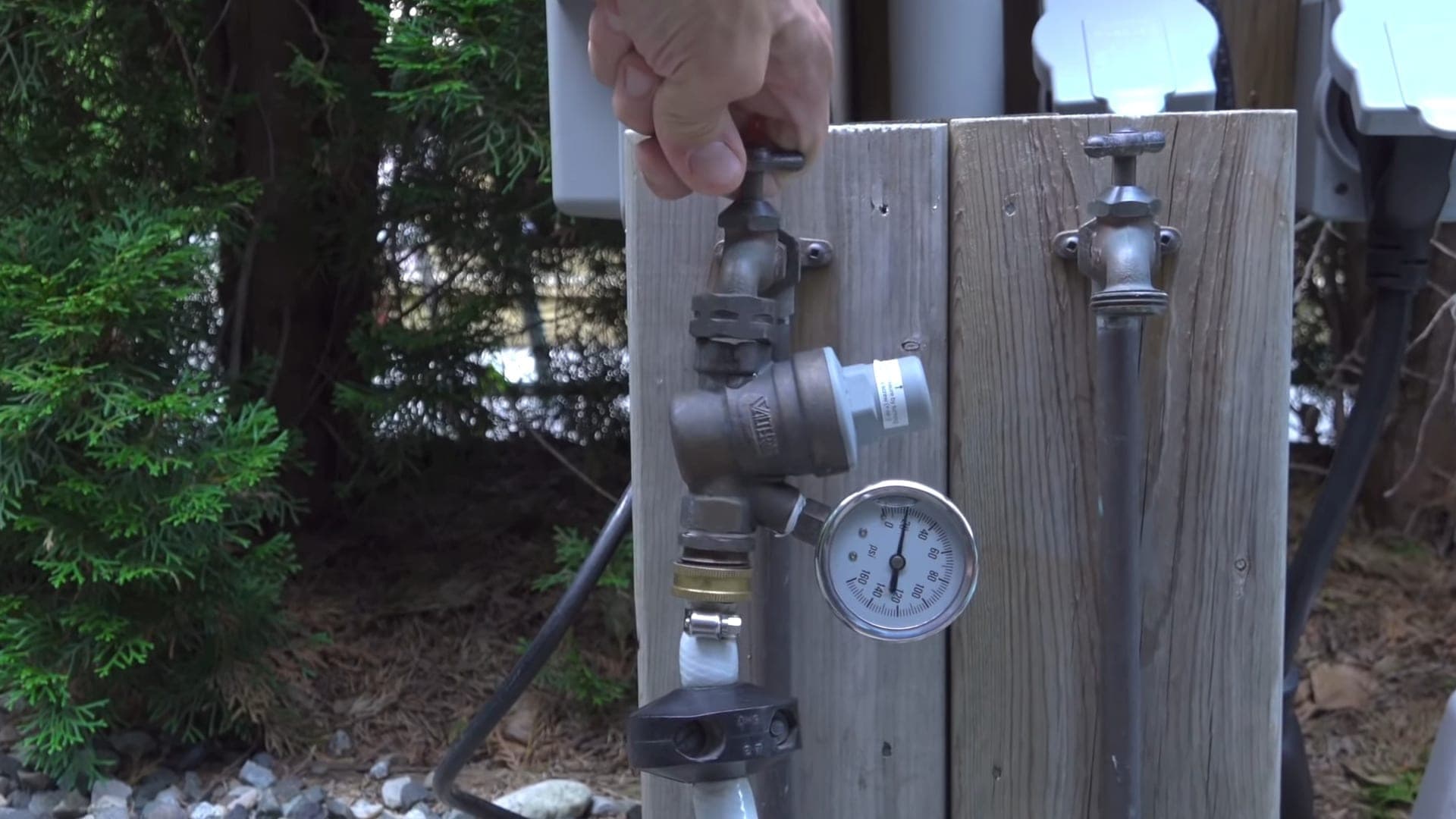Speedy Methods for Minimal Water Pressure in Your Home
Speedy Methods for Minimal Water Pressure in Your Home
Blog Article
How do you really feel in regards to Dealing with Low Water Pressure in Your Home?

Low water stress in your house can be a discouraging issue, influencing everything from bathing to cleaning dishes. If you're experiencing weak water circulation, there are several feasible causes and remedies to explore. In this overview, we'll review usual factors for low tide pressure and useful actions to attend to the problem effectively.
Intro to Low Tide Pressure
Low water pressure occurs when the circulation of water from your faucets, showers, and various other fixtures is weaker than usual. This can make day-to-day tasks extra tough and much less reliable. Understanding the sources of low water pressure is vital to locating the right service.
Typical Sources Of Low Tide Stress
Faulty Pressure Regulatory Authorities
Stress regulators are responsible for keeping consistent water pressure in your home. If they malfunction, it can cause low water pressure or irregular circulation throughout your home.
Metropolitan Water Issues
Sometimes, the problem exists outside your home. Metropolitan supply of water concerns, such as main line leakages or maintenance job, can temporarily lower water pressure in your location.
Pipeline Obstructions
In time, pipes can become blocked with natural resource, sediment, or debris, restricting the circulation of water. This is an usual problem in older homes with galvanized steel pipelines.
Deterioration
Corrosion within pipelines can result in leaks and minimized water stress. Rust buildup can tighten water circulation, particularly in maturing plumbing systems.
Exactly How to Detect Low Tide Pressure
Checking Pipes
Examine visible pipelines for indicators of leakages, rust, or obstructions. Focus on any unusual audios, such as knocking or rattling pipes, which might indicate concerns within the plumbing system.
Consulting with a Plumber
If you're unable to pinpoint the source of low water pressure, consider employing an expert plumber to perform a detailed inspection. They can identify underlying concerns and suggest appropriate options.
Inspecting Faucets and Fixtures
Begin by checking the water stress at different faucets and components throughout your home. If the concern is separated to certain areas, it might suggest local issues.
Do It Yourself Solutions to Fix Low Water Stress
Flushing Water Heater
Sediment accumulation in the water heater can limit flow and lower efficiency. Purging the tank periodically assists get rid of sediment and preserve optimal performance.
Examining Stress Regulatory Authority
Make sure that the stress regulatory authority is operating properly. Changing or replacing the regulator can help bring back appropriate water stress throughout your home.
Cleaning Up Aerators and Showerheads
Natural resources can gather in aerators and showerheads, decreasing water circulation. Eliminate and clean up these parts routinely to improve water pressure.
Clearing Up Clogs in Pipeline
For small clogs, try utilizing a plumbing serpent or chemical drainpipe cleaner to clear obstructions in pipes. Beware when using chemicals and follow security guidelines.
When to Call a Professional Plumber
If do it yourself initiatives stop working to deal with the concern or if you think considerable plumbing troubles, it's ideal to seek help from a certified plumber. They have the expertise and tools to deal with complicated concerns safely and properly.
Safety Nets to Maintain Water Pressure
Mounting a Stress Booster
Take into consideration mounting a pressure booster pump to boost water stress in locations with consistently reduced flow. This can be specifically beneficial for multi-story homes or buildings with high-demand fixtures.
Tracking Water Use
Be mindful of water use routines and prevent overtaxing the plumbing system. Straightforward adjustments, such as incredible showers and laundry tons, can help preserve adequate water pressure.
Routine Upkeep
Arrange regular upkeep for your plumbing system to stop problems such as rust, leaks, and clogs. Attending to small troubles early can assist prevent more substantial fixings in the future.
Final thought
Dealing with low tide stress can be frustrating, however determining the underlying reasons and implementing proper remedies can restore ideal circulation throughout your home. Whether it's cleansing aerators, inspecting pipelines, or speaking with a plumber, taking aggressive actions can guarantee a steady supply of water for your day-to-day demands.
How to Fix Low Water Pressure In Your Home
Municipal Water Supply Issues
Scheduled maintenance, high demand, and water main breaks are all potential causes for low water pressure within a city or county’s water lines. While there’s not much you can do to personally fix a problem with your city or county’s water supply system, you can play a big role in documenting the issue and alerting those who can.
How to fix it:
Ask your neighbors if they are experiencing any issues with low water pressure. If multiple homes are affected, it’s likely related to the city’s water line. Contact the local Water Authority to see if there is any maintenance taking place that might be affecting your supply. Also let them know of your specific issues. If other homeowners report the same issues, they’ll know that there could be a larger issue to look into. Faulty Fixtures
A damaged or clogged shower head, faucet or appliance is the first thing we’d suggest checking, especially if low water pressure appears to be isolated to a specific area of your home.
How to fix it:
First, turn off the main water supply to your home. Check the affected appliances for build-up or debris. In the case of a faucet, you can simply unscrew the aerator at the tip of the faucet. Showerheads should be fully detached from the water pipe. While the appliances are detached, you may want to check the water supply to determine if the fixtures were in fact the issue. To clean, soak the showerhead or aerator in vinegar and brush off any visible debris. Reattach the fixtures and check the water pressure again. If it is still low, there is likely a deeper issue at hand, which can be determined by a professional plumber. Pipe Obstructions
Mineral deposits, rust or other debris within water pipes can lead to blockages or corrosion over time.
How to fix it:
When you think of a clog, you probably think of a drain clog. While there are many DIY solutions to clearing a drain, clogs in a water pipe will almost always require the help of a professional plumber. A plumber will be able to locate the affected pipe and clean out any debris or mineral deposit buildup. In severe cases, the pipe may need to be replaced. Your plumber might also recommend a water softening system to remove the minerals from your home’s water supply that can contribute to pipe blockages over time.
Plumbing Leak
Undetected water line leaks can divert water away from your residential pipes, reducing the water pressure in your fixtures.
How to fix it:
Check your water meter by turning off all water sources and monitoring the meter for any movement, which could be a clear indicator of a potential leak. Check all visible pipes for signs of leaking, including water stains, active dripping or damp spots around the pipe. Inspect fixtures, including faucets and showerheads, for any drips. Test the pressure but recording the pressure with the main water valve shut off. Leave off for a few hours and test again. A significant drop in pressure is a clear sign of a leak. https://kiddcoplumbing.com/plumbing-blog/how-to-fix-low-water-pressure/

Do you like more info about Low Water Pressure in the House?? Put a short review further down. We'd be pleased to hear your views about this review. Hoping that you come back again later on. Are you aware of someone else who is fascinated by the subject? Feel free to promote it. I truly appreciate your readership.
Call Report this page